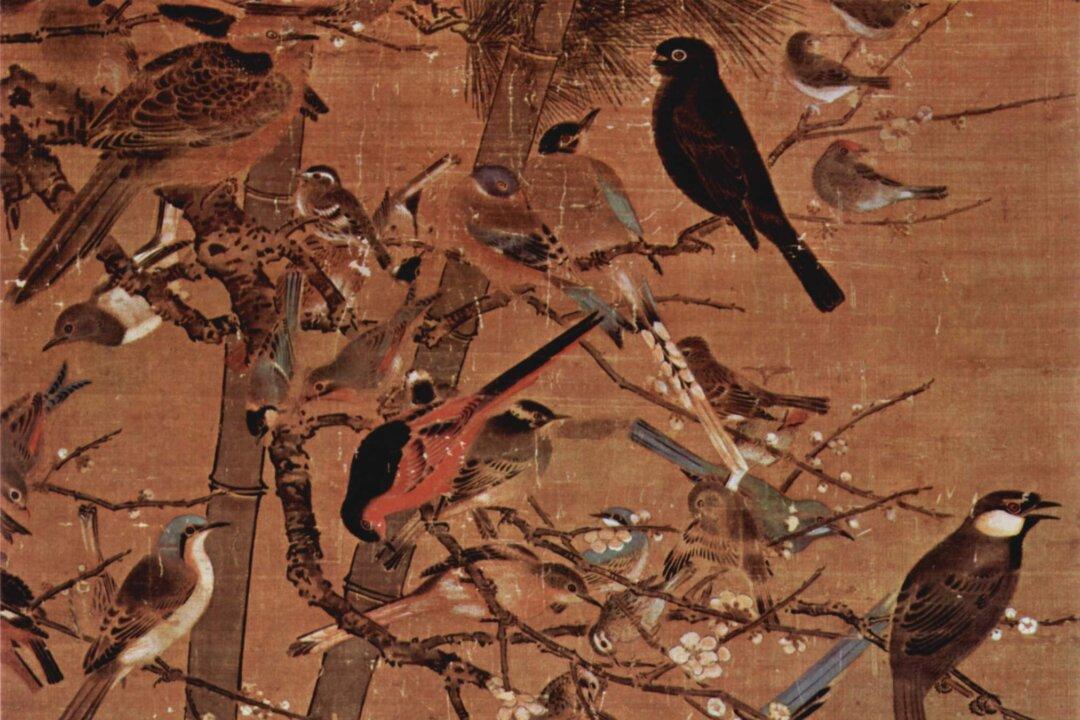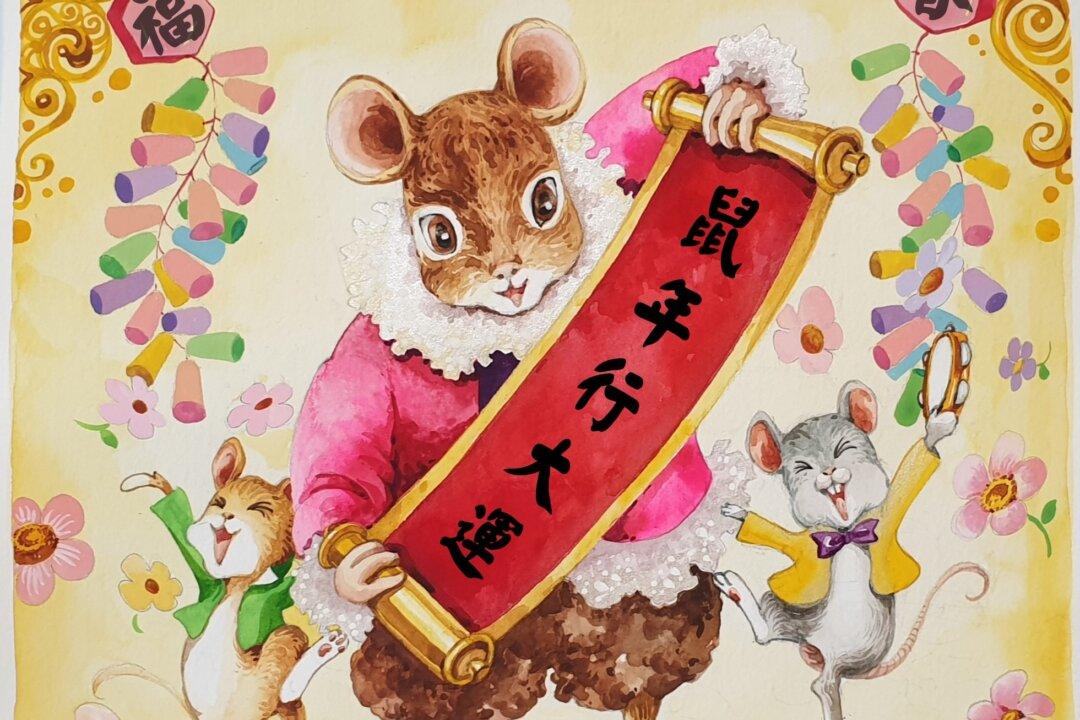“As lovely as the winter sun,” says a Chinese expression that describes those who are so kind that others are drawn to them and want to be near them. They bring people the type of warm feeling one has when with someone close and dear.
This expression is just one from a treasure trove of idioms and sayings from traditional Chinese culture that can help in bringing warmth and nourishment to our hearts during the chill of winter.





